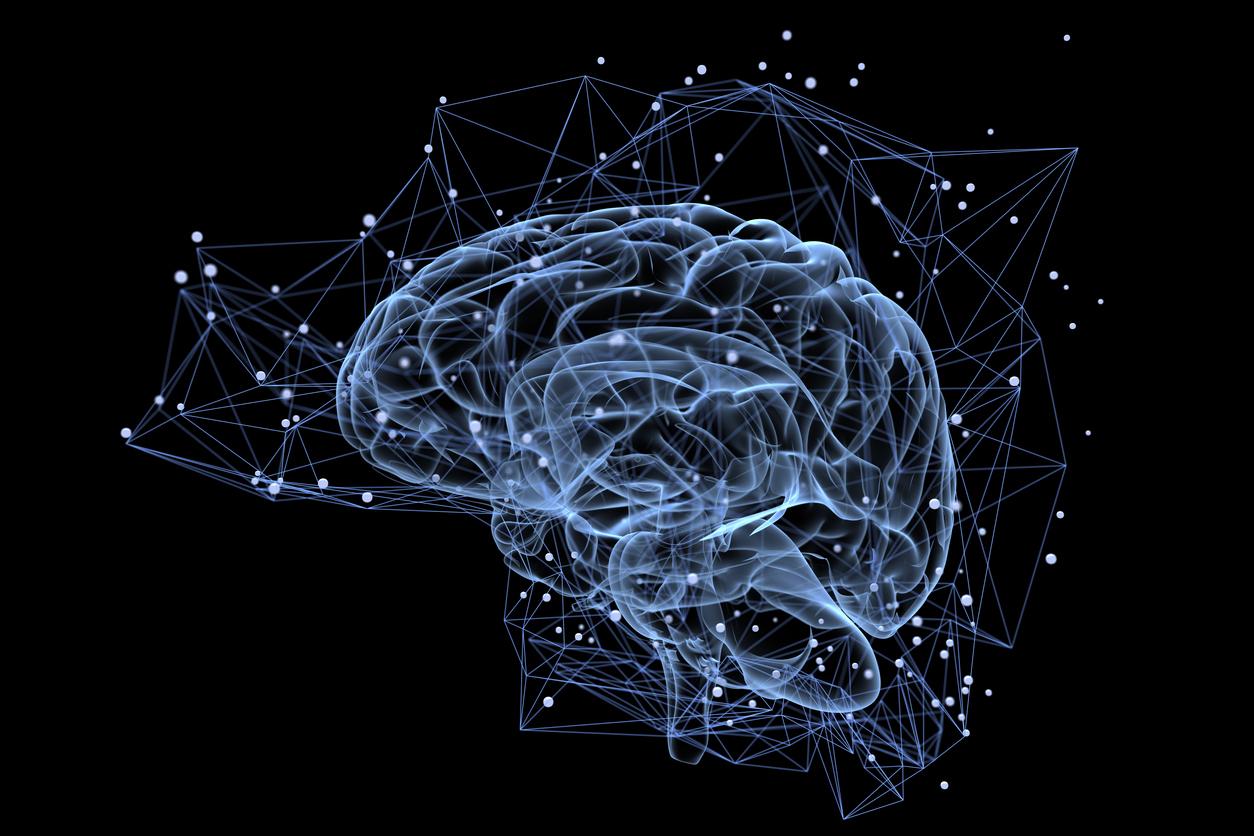Knowing how to speak two languages increases the connectivity and efficiency of the brain, especially if the second language is acquired from a young age.

- Bilingual people display greater communication efficiency between regions of their brain compared to others.
- This increased connectivity was stronger among those who acquired their second language at a younger age.
- Other studies have shown that learning a second language improves attention or promotes healthy aging.
Knowing how to speak at least two languages is a real plus, both for your personal and professional life… but not only that! A study from The Neuro (Montreal Neurological Institute-Hospital), McGill University, the University of Ottawa and the University of Zaragoza (Spain) shows that the brains of bilinguals have increased connectivity between all its areas .
Brain: more connectivity when you speak two languages
To better understand how the brains of bilinguals work, researchers brought together 151 people who spoke either French or English, or both languages. All volunteers underwent functional magnetic resonance imaging (fMRI). All brain activity was recorded.
The examination showed that bilingual participants had greater connectivity between brain regions than people who spoke only one language. In addition, the younger the second dialect was learned, the more important the communication between the different areas of the brain was. “This phenomenon was particularly marked between the cerebellum and the left frontal cortex”specifies press release.
Another research finding: having a “more efficient” brain promotes cognitive performance. The scientists add that their discovery overlaps with the conclusions of previous studies ensuring that regions of the brain do not work separately, but in interaction to understand and produce language.
Bilingualism is good for the brain, but not only
“Our work suggests that learning a second language during childhood helps develop a more efficient brain organization in terms of functional connectivity”confirms Zeus Gracia Tabuenca, first author of the article published in the journal Communications Biology. “According to the results, the earlier the experience of the second language, the greater the extent of the brain areas involved in neuroplasticity. Hence the observation of increased connectivity of the cerebellum with the cortex during exposure early learning of a second language.”
Better communication between different brain areas is not the only advantage of bilingualism. Scientific literature has already demonstrated that learning a second language can have a positive effect on attention, promote healthy aging, and even recovery after brain injury.


















